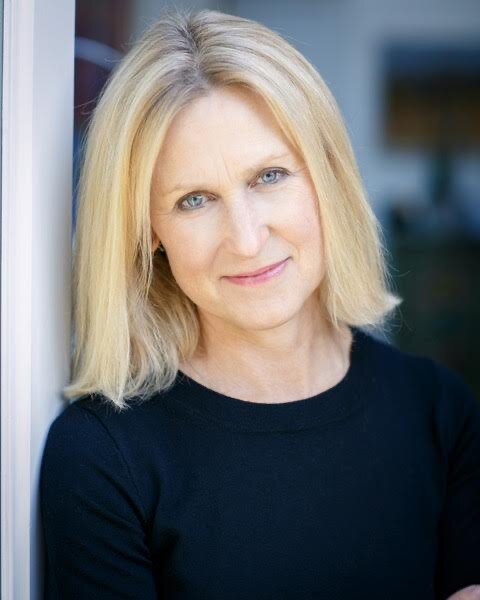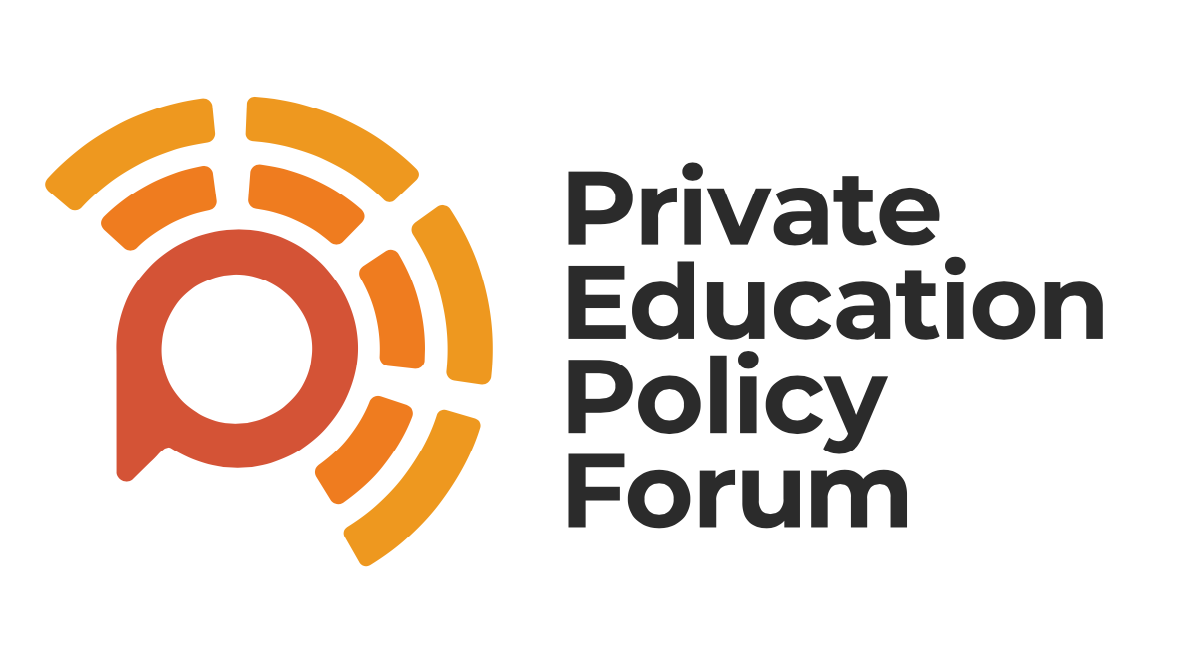“My fundamental issue with private education is it’s unfair. Society shouldn’t be unfair, especially for children.”
By Lewis Radstone-Stubbs

“We should be aiming to create a fair society and the building block for that is a comprehensive education system, where every child walks through the same school gates in the morning.”
Fiona Millar is a journalist and campaigner who champions comprehensive education. Among those who read obsessively about schools, there are few who haven’t heard of her.
A school governor to this day, she has a heavyweight past as a former special adviser to the Prime Minister from 1997 to 2003.
In the same year, she started writing a regular column for the Guardian about education and then presented a Channel Four documentary, The Best for My Child, on school choice.
Millar went on to co-write a pamphlet entitled, “A Comprehensive Future: Quality and Equality for All Our Children” with writer and campaigner Melissa Benn, and then became chair of Comprehensive Future, which campaigns for fair school admissions and against the 11+ test. She also helped form the Local Schools Network. The two organisations both represent and promote the advantages of local state education.
Millar herself went to a girls’ grammar school in the 60s and so saw the grammar school system from the inside.
“Grammar schools are held up as a beacon for social mobility, but mine at the time, and the ones still in existence, are just populated with middle-class kids. They aren’t meritocratic, they aren’t inclusive at all.”
It is no surprise then that when it came to choosing what school her children would be educated at, she didn’t have to think twice.
“We didn’t even look at other schools, we just sent them to our local school, so that they could be educated with the rest of the local community.
“Education inequality and school choice is something I’ve been really focused on for a long time now, I’ve spent 20 years banging the drum on the issue”.
Despite doing so – using endless articles and platforms to speak about the negative impact that selective and private education has on social mobility in this country – Millar is clear there is a lot more work still to be done.
She reflects on the ups and downs in political history, including those times when addressing educational inequality has fallen by the wayside of policymaking.
“Progress was certainly made in the New Labour years. Labour disincentivised the appeal of private schools by increasing support for state schools in terms of funding, new buildings and facilities, therefore making state schools feel so much more attractive.
“The gap in attainment between the better and worse off children was also starting to narrow but sadly we are seeing that widen again,” she continues.
“Years of a Conservative government and austerity has cut state school funding to the bone, making private schools seem more attractive again.
“Add that to the impact on education that Covid has had and the media commentary about what children in state schools could access compared to those in the private sector during the lockdown, and things look a bit bleak at the minute.”
Millar is hopeful about a future administration in which funding cuts to state schools – eight per cent in real terms since 2010 – are reversed and resources are targeted to flatten out inequalities between children’s starting points.
“Under a Labour government, I really believe that every student would have had a laptop. And been fed, for that matter.
“Even during a pandemic, every child has a right to an education and people should be up in arms that the government isn’t providing the necessary tools for learning.”
At the heart of the Labour Party for many years of the New Labour government, Millar was there at a time when the party, committed to the principle of comprehensive education, had a chance to make strides in the battle against the private sector.
But it was an uphill struggle, in many ways.
“The unfortunate truth is that England has a long and stubborn history of maintaining private education at the pinnacle of its education system and there is a battle to keep elite private schools, that is very hard to overcome,” she explains.
Most of those who hold influential positions in society are themselves the product of these schools and a Labour government was not able to fully tackle what some regard as a pillar of British life.
“Labour’s struggle then, as it is now, is being able to start a public debate about private schools. Without a public debate, it is impossible to break down the influence of institutions that are so ingrained in British history.
“New Labour saw private schools as part of the diversity picture, so rather than attacking them and going against hundreds of years of tradition, it was more practical to address the inequality by improving the state sector.”
Building on her experience of what works and what this country is ready to accept, Millar believes that the best next move is to campaign for policy changes that disincentivise the appeal of a private school, rather than seek to abolish them – which would be both politically very difficult and also probably legally impossible, she says.
“Obviously if we were starting from here, we wouldn’t invent a system which allowed people to pay for such massive education and social advantage and perpetuate inequalities, but we are where we are, so we have to think of practical approaches.”
One policy solution that fits that criteria could be rebalancing university admissions and blind job recruitment – the policy of redacting applicant information (including their name) from a job application.
“Blind recruitment is a fantastic idea and why shouldn’t the most elite universities have an admissions process that matches the make-up of the school intakes in the country?
“If access for private school students was limited to seven per cent a year as it is in the country at large – and one Oxford college has already achieved this – rather than mass over representation at top universities, parents would desert private schools overnight”.
Another practical solution, rather than abolish private school’s charitable status, is to make them have to work for it, continues Millar.
“Currently, bursaries are just used to justify charitable status but in reality they take academically talented, would-be comprehensive school students out of the state sector which is a disbenefit to local state schools.
“Rather than pinching students who would excel in any school, private schools should have to consult with their local state school communities and ask what it is they need.
“This might mean taking in the kids who are actually struggling, getting kicked out of school and who would benefit from, for example, smaller class sizes and more personalised education.
“Or local schools might feel they need more help from staff in shortage areas and opening up sports and arts facilities to the local community.
“Make these sorts of local discussions an obligatory requirement of receiving charitable status and you might start to see some of the starkest differences and inequalities being addressed.”
Millar, a seasoned campaigner herself, has words of advice for those with the stamina to try to challenge the current set-up.
“Campaign groups need to present quietly radical policy proposals and gradual ways of affecting change.
“Lessening inequality between state and private schools is achievable, but it’s the job of the left to present action as signifying everyone working together for the good of all, rather than Us vs Them.”
Looking forward, Millar is hopeful about a Labour government’s interest in the issue – despite the party’s crushing defeat last year, not long after its conference had passed a grassroots motion to nationalise private schools.
“In Keir Starmer and the current people at the top of the Labour Party, there are some really important figures who are personally supportive of the comprehensive principle and this hasn’t always been the case in the past.
“Now we want to see sensible progressive policies to advance these principles.
“The pandemic has also shone a light on the inequalities in education, focusing the mind of the nation. Hopefully, this will help create the public debate that is long overdue.”
It is the job of PEPF, says Millar, to help initiate a public debate and be ready to present evidence-based policy solutions when ministers ask for them.
“PEPF is full of amazing, driven people who have spent their lives working towards a joint end. It’s a collection of some of the most knowledgeable people around on this topic. It’s fantastic that you’ve found each other and can now work together.
“If you can design and communicate practical solutions, people will sit up and listen.”
At the heart of the matter, says Millar, is that “private education is unfair. Society shouldn’t be unfair, especially for children.
“We need a quiet revolution to create an unstoppable state school sector.”
Interviewer Lewis Radstone-Stubbs has a background in political consultancy and communications and writes about political and social affairs for a number of newspapers and websites. He tweets @lewiscrs.




Wow! Brilliant! How do I get involved with this campaign? After a lifetime in education these are exactly my ideals!
Hi Barry! You can get involved by dropping us a line here:
https://www.pepf.co.uk/get-involved/
We’re particularly looking for help with our Twitter, Facebook and Instagram pages. Otherwise, do still get in touch and we’d be delighted to chat with you.